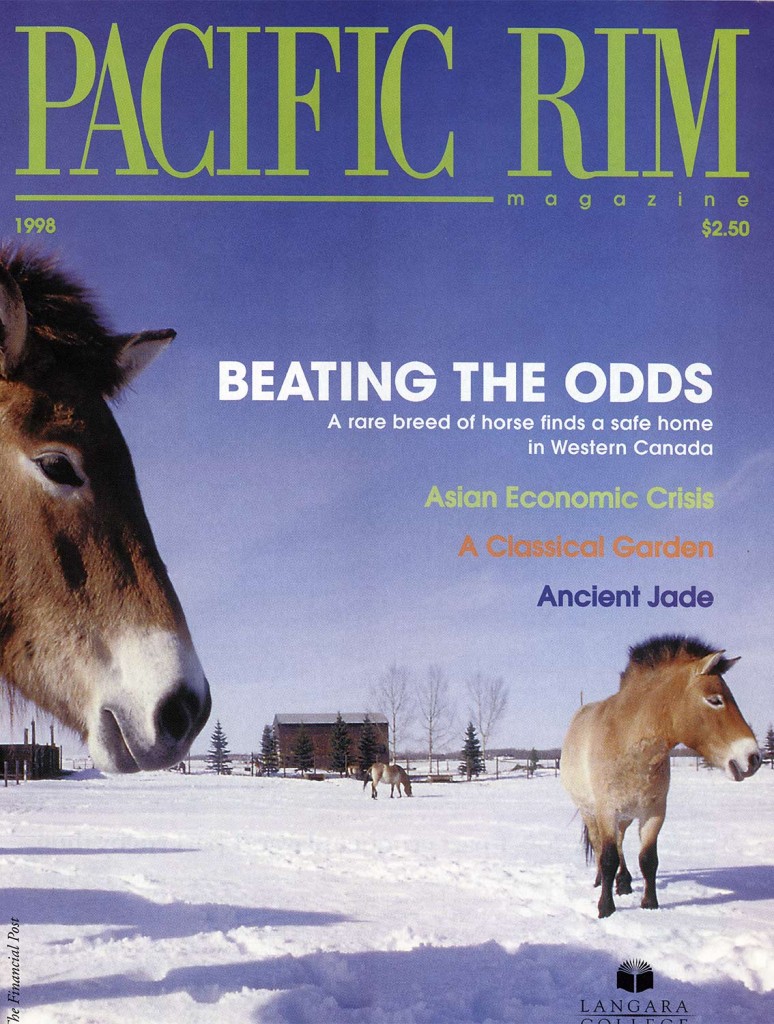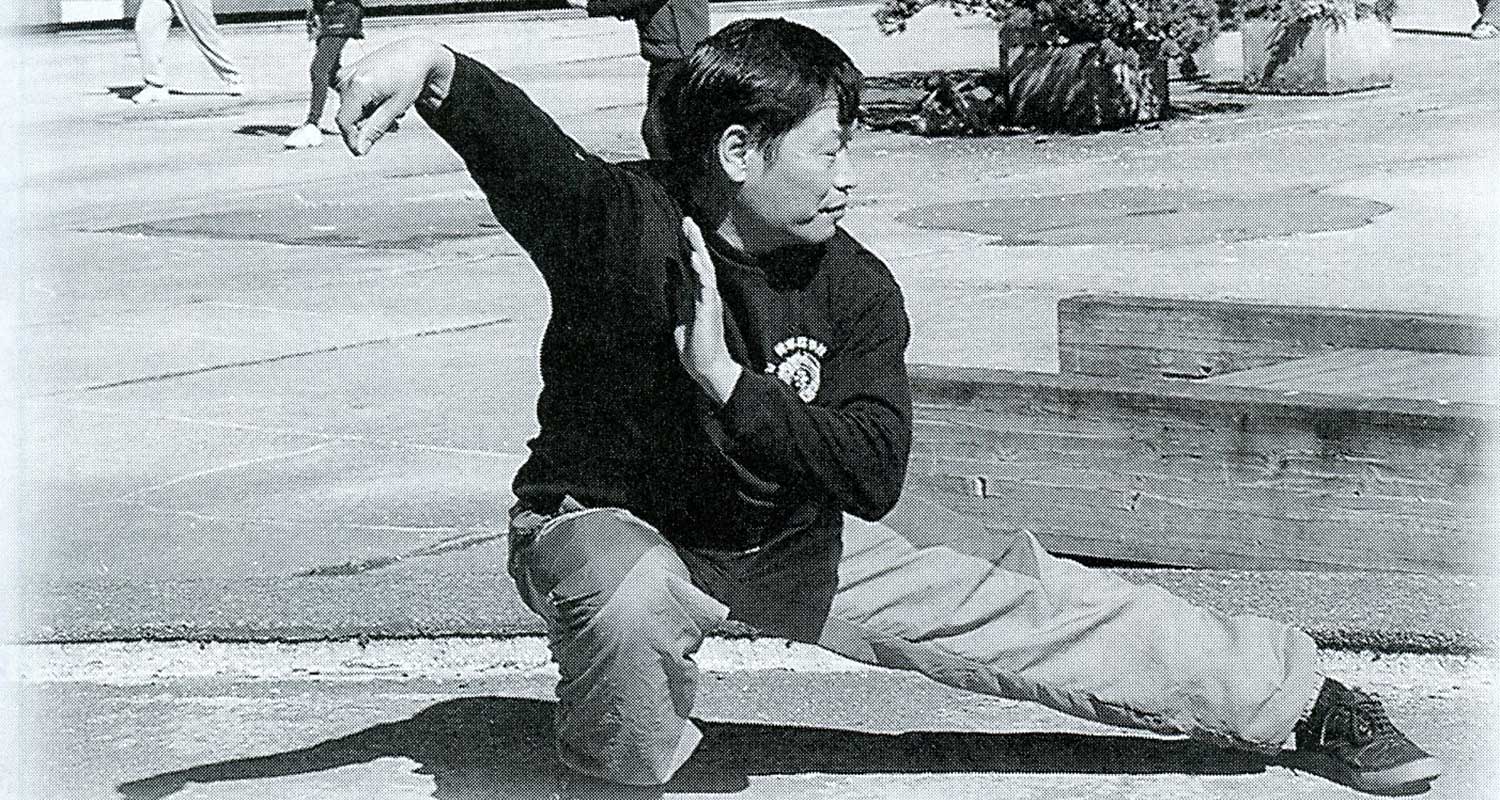If you’re looking for an advantage in today’s competitive economy, then Winnie the Pooh has some advice for you. Or perhaps you would prefer the business wisdom of an ancient Chinese soldier? Before you dismiss these suggestions as far fetched, consider the fact that several recent books draw analogies between business, Eastern mysticism, childhood stories and military strategy.
In Winnie the Pooh on Management, Roger E. Allen writes that books such as his are needed because the formal teaching of business skills is only a recent development. Allen, using extensive excerpts from the original Winnie the Pooh stories, shows that Pooh and his friends use management techniques in their adventures. For example, the tale of Pooh and Piglet’s plan to steal Roo from his mother Kanga, shows how Pooh and the other animals determine an objective and organize individuals to carry out specific tasks. In an unhurried style, Allen discusses the six major tasks of managers: establishing objectives, organizing, motivating, developing people, communicating and measuring progress.
It’s A Matter of Attitude And Behaviour
Allen argues that these skills cannot be learned in school but are developed over time and through experience. Of all the animals in the Hundred Acre Wood, Pooh is the most humble, practical and devoid of eccentricity. Being a good manager, Allen seems to say, is a matter of being a sociable, flexible and ultimately, practical person.
Another author who sees success in business as a matter of attitude and behaviour rather than book-learning is Deepak Chopra. The Seven Spiritual Laws of Success mix simple Buddhist maxims with Western psychological insights and business advice. Chopra advises meditation, discusses the relationship between ego and self and asks the reader to discover his true purpose in life. His most important laws are those of karma, least effort, and dharma (purpose in life).
Though much of this book is interesting, it is at times frustratingly vague and simplistic. Rather than give specific business advice, Chopra’s laws boil down to the idea that you should do what you are. Every individual has a calling and if one engages in this calling according to the dictates of conscience and intuition, then one cannot help but be successful in one’s own fashion. Chopra sees business as an expression of the individual’s world view and as a powerful form of spiritual fulfillment.
While Chopra’s work is unsatisfying, it does ask an important question. What is a business and what is business success? He argues that success does not necessarily entail making a lot of money but rather is the ability to make a living doing what one wants to do. Allen and Chopra generally agree that the successful business person frequently works without consciously thinking and solves problems not with specific strategies but simply by being himself. Pooh does not manage an enterprise, he relates to people with an attitude that expresses his personality. For Allen and Chopra, Pooh’s plodding optimism may be the model managerial attitude.
Relating Business To Military
Opposed to the somewhat relaxed and imprecise works of Allen and Chopra is Tom Johnson’s Sun Tzu and the Art of Business, which offers business strategies derived from the penetrating military writings of the ancient Chinese General. Sun Tzu’s principles of warfare can be reduced to six main ideas : win all without fighting, avoid the enemy’s strength and attack weakness, use deception, shape your opponent, be prepared and fast at all times, and be a leader of character. Sun Tzu himself writes in a straightforward, aphoristic style. Of pursuing an opponent, he writes: “When you surround an army, leave an outlet free. Do not press a desperate foe too hard.” Johnson translates this into the maxim that one should not openly try to completely destroy another company, for this will evoke a resolute defensive action. He argues rather for indirect attacks and a posture which allows the defeated company some role in the new organization.
When you surround an army, leave an outlet free. Do not press a desperate foe too hard.
Sun Tzu’s most important principle is his first-a business should never engage in open conflict unless absolutely necessary. Markets can often be opened or captured without conflict and this action is always easier and more productive, though perhaps less glamorous, than a battle.
Business Requires People Skills
Johnson offers a different ethic than Chopra and Allen. Chopra’s work implies that in business, the most important thing to do is follow your true nature. Allen’s Pooh, though not as serene and self-assured as Chopra’s Buddhist, does not see the world in an explicitly competitive way. Even when he is manipulative, he is not self-conscious or detached, but is simply doing what is necessary to satisfy his moderate needs. On the other side, Johnson and Sun Tzu advise us not to follow ourselves, but to do what we need to do to survive. Business is not a struggle for self-expression in a world where the main hindrance is one’s own lack of confidence, but simply a hard job that can be made easier with a few rules.
The confusion that the reader might feel after finishing these books results from the fact that business is not easily definable, but is a mixture of many different activities. It is not a single skill like that of a musician or athlete, or even a definable profession like law or medicine; rather it requires a combination of skills that are primarily social. The abilities of a good business person to promote, sell, conciliate, organize and react to circumstances are people skills. This makes them difficult to observe, measure or even discuss. Nonetheless, these books attempt to distill the basic skills of business from their contexts and provide advice that is equally useful to corporate executives, retail managers and small sole proprietors. No wonder there seems to be little agreement even on the basic nature of the topic.
Chopra vs Johnson’s Way To Success
Chopra offers the most idealistic vision of business. So secure is he in the assumption that if the business person does what is in him, he will succeed, that he does not even mention the word competition. At least he is clear that his book is not for those who want only to make money, but rather for those who have a passion to supply a particular commodity to the market. His central metaphor is that a successful business person works the same way that the human body does. Just as individual cells carry out tasks necessary for the survival of the larger organism and unself-consciously obey the laws of nature, so the business person must strive to express his innate vision, obeying the rules of the world in a realistic way, but never ceasing to follow his chosen path. This metaphor is interesting but reaches too far for human beings who, unlike cells, are self-conscious and uncertain, both of the world around them and the vision within them.
Answering Chopra, Johnson implores the reader to recognize that the cruel forces of business can snuff out even the most innovative and passionately pursued entrepreneurial dream. His book is for those who see work as a job and want to know how to succeed. While this calculated approach is refreshing after Chopra’s sentimentality, Johnson does not acknowledge that those who have a passion or natural affinity for their jobs do have a greater chance of success-even if it is only through perseverance-than those who simply crave the goal of success and do not enjoy the process of work. Johnson focuses on the competitive nature of business for those who already have a basic business competency. His rules are strategic and not concerned with day-to-day operations. He focuses not on the social and human aspects of business but on the intellectual rules of the game.
The Well Rounded Business Man
The character who might understand both points of view is Allen’s Pooh. Pooh, like many good managers, is not following his own vision to self-fulfillment; he is reacting to circumstances that are rarely of his own choosing. He makes strategies to get what he wants but is too realistic to focus on an ultimate goal. Helpful to others, he is also not shy about providing for himself. Allen has chosen a deceptively simple model for managers. By turns, Pooh is conciliatory and understanding of the foibles of the other animals, unashamed of his own needs and wants, and able to think critically about what is necessary to achieve his goals.
The Hundred Acre Wood of the Pooh stories is a place somewhere between a serene paradise and an unforgiving jungle. While sometimes contented, the animals are often preoccupied with a particular problem; they are not strangers to fear and sadness, and they frequently have to work to survive. At the same time, Pooh never forgets to think and worry about the emotional relationships that make up his world. In the end, perhaps Pooh is the most human of bears-he strives for basic survival and for his personal vision, without forgetting how hard both are to achieve.











